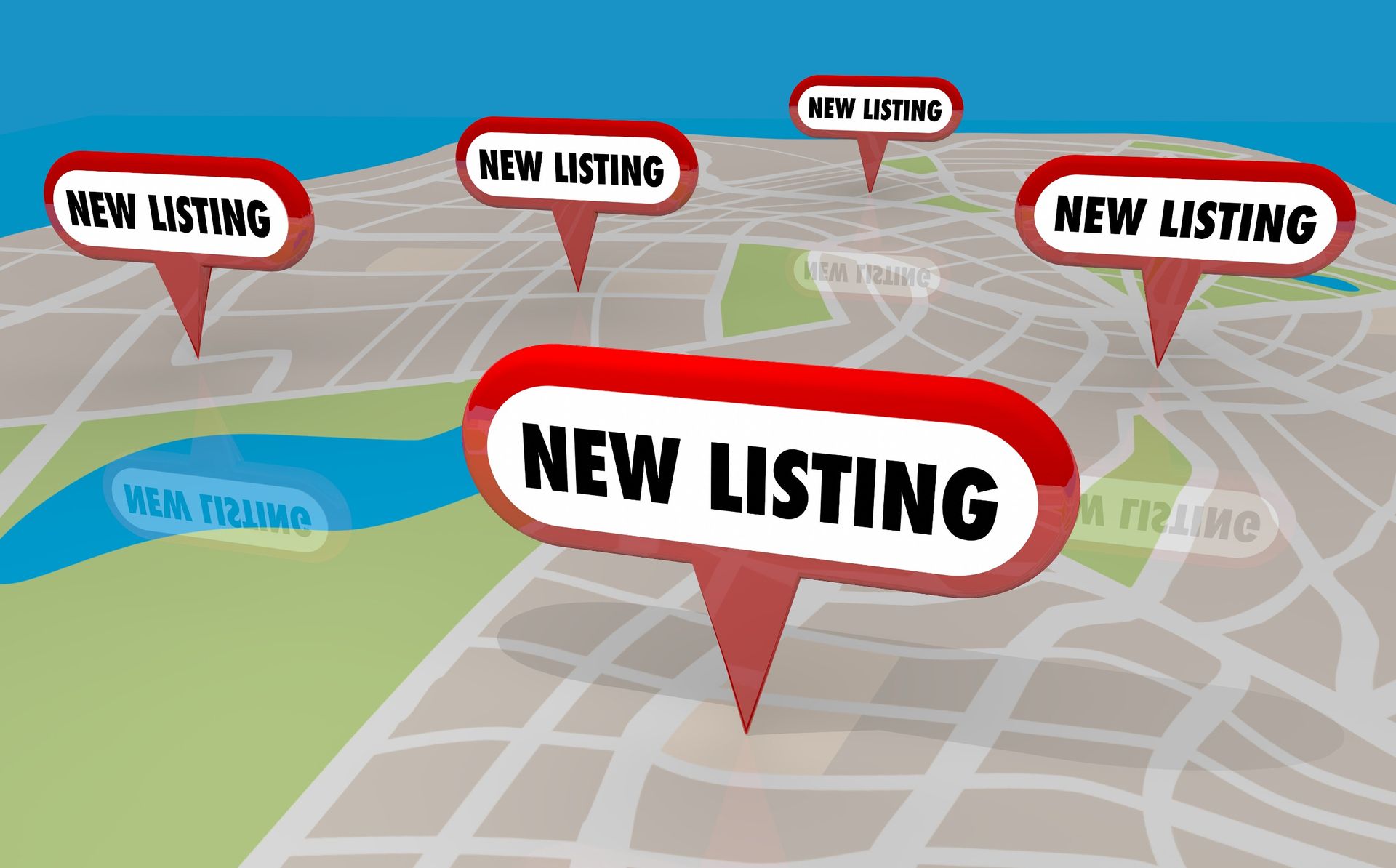
Best Customer Data Platform Software for Small Businesses
In today’s fast-paced digital marketplace, understanding your customers has never been more crucial for small businesses. With data at the forefront of customer engagement and decision-making, small businesses are increasingly turning to Customer Data Platform (CDP) software to effectively organize, understand, and act on customer data.
CDPs promise a holistic view of customer interactions across multiple channels, a feature particularly valuable for smaller operations trying to compete against larger entities.
This comprehensive guide is designed to lead small business owners through the complex landscape of CDPs. Whether you’re just beginning to explore CDPs or you’re looking to switch to a more robust platform, this blog post will equip you with the necessary insights to make an informed decision.
Understanding Customer Data Platforms for Small Businesses
What is a Customer Data Platform (CDP)?
CDPs are software solutions that aggregate and analyze customer data from various touchpoints, such as websites, email, and social media, into individual customer profiles. Unlike other data management tools, CDPs are designed to be marketer-centric, providing a single source of truth for customer data.
The Value of CDP for Small Businesses
Small businesses often struggle with limited resources, time, and technical expertise. However, the personalized experiences offered by CDPs can level the playing field.
By harnessing the power of CDPs, small businesses can:
- Enhance Customer Understanding: Gain deeper insights into customer behaviors and preferences, leading to more targeted campaigns and offerings.
- Improve Marketing Efficiencies: Streamline marketing operations by utilizing a central data repository for segmentation, automation, and measurement.
- Increase Customer Loyalty: Deliver more personalized and relevant content, leading to higher customer engagement and loyalty.
How does a CDP differ from CRM and DMP?
While CDP, Customer Relationship Management (CRM), and Data Management Platform (DMP) all deal with customer data, they serve different purposes:
- CDP vs. CRM: CDPs focus on the pre-sale interactions and bring together both known and unknown data to create a comprehensive profile. CRMs, in contrast, usually concentrate on known data and post-sale relationship management.
- CDP vs. DMP: CDPs are usually single customer-centric, while DMPs focus on anonymous data of prospects for digital advertising. DMPs de-duplicate a single customer's interaction across devices and browsers owned by the same individual.
Key Features to Look for in a CDP
When evaluating CDPs, there are several key features that small businesses should consider ensuring they meet their specific needs.
Enhanced Data Collection and Unification
The primary function of a CDP is to collect, clean, and unify customer data from various systems and platforms. Look for a CDP that can gather data from both online and offline channels, as well as first-party and third-party data sources.
The CDP should have robust data handling capabilities that can handle high volumes and different types of data.
Segmentation and Analysis Tools
The ability to segment customer data is essential for targeted marketing. The CDP should offer intuitive tools that allow non-technical users to create and refine audience segments.
Similarly, it's important to have analytical capabilities that provide actionable insights into customer behavior and trends, helping small businesses make informed marketing decisions.
Personalization and Integration
The best CDPs enable personalization at scale by integrating with various marketing tools and platforms. This includes email marketing software, content management systems, and customer service platforms. Integration readiness is vital as it ensures that the CDP can grow and adapt with your business and its evolving tech stack.
Privacy and Compliance Controls
Small businesses must prioritize customer privacy and adhere to data protection regulations like GDPR and CCPA. The CDP should offer robust security measures to protect customer data and provide features to manage consent and permissions effectively.
Reporting and Measurement Capabilities
CDPs should provide clear, actionable insights into campaign performance and customer engagement. Look for a platform that offers customizable reporting tools and can measure the impact of marketing efforts on various metrics such as conversion rates and customer lifetime value.
Choosing the Right CDP for Your Business
Selecting the right CDP is a significant decision that should align with your business's unique goals, budget, and technical capabilities. Here are some steps to help you in the selection process:
Define Your Goals
Start by establishing what you hope to achieve with a CDP. Whether it's improving customer engagement, increasing sales, or streamlining your marketing operations, your goals will dictate the features you require in a CDP.
Assess Your Budget
Consider how much you're willing to invest in a CDP. Remember to factor in not only the software's cost but also any additional expenses such as training and software integrations.
Evaluate Scalability
While your current needs are essential, it's also crucial to consider your business's growth trajectory. Your chosen CDP should be able to grow with you, accommodating increased data volumes and users.
Compatibility with Existing Software
Ensure that the CDP you choose can seamlessly integrate with your current tech stack. Compatibility issues can hinder the effectiveness of your CDP and lead to additional costs.
Consider User Experience
The best CDP for your small business will be one that your team can effectively use. Opt for a solution with an intuitive interface and consider the level of technical expertise required for day-to-day operations.
Support and Training
Even the most user-friendly CDPs will require some level of training. Look for a vendor that offers comprehensive onboarding and ongoing support to ensure a smooth transition and continued success.
Conclusion
The right CDP can transform the way small businesses operate by providing deeper customer insights, streamlining marketing efforts, and enhancing the overall customer experience.
By understanding the key features and evaluating the top platforms, small business owners can make a well-informed decision that aligns with their strategic objectives.
Your investment in a CDP could very well be the game-changer that propels your small business to new heights of success in the competitive digital market.
About Whale Traffic
There is no one better to be on your side if you are embarking on your marketing journey and looking for a reliable and experienced partner to handle your digital advertising.
We have worked with clients across industries and sectors and have helped them achieve their marketing goals. Our talented team has expertise in several marketing channels and platforms and works together to hit the mark!
Our services include display ads, search ads, social ads, and more. You can reach us at 18446994253 or fill out our contact form to know more.





Whale Traffic
We've been dealing with massive amounts of traffic since the 90's. We're still here, and still growing. Ready to see how Whale Traffic can scale your company? Well as ad people, we say "Get Started Here."
Contact Us
Whale Traffic LLC
1968 S. Coast Hwy, #1921
Laguna Beach, CA 92651
United States




